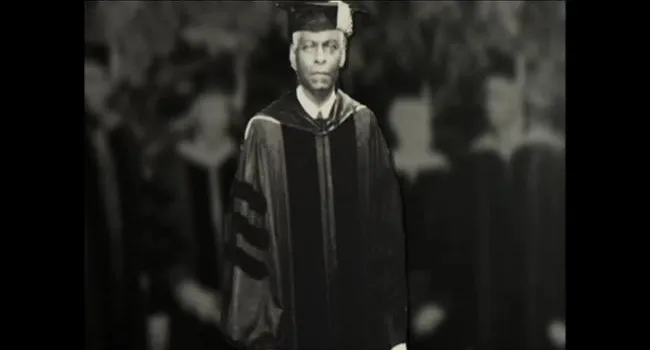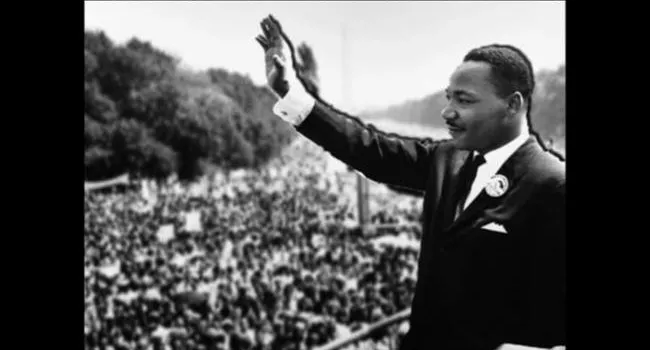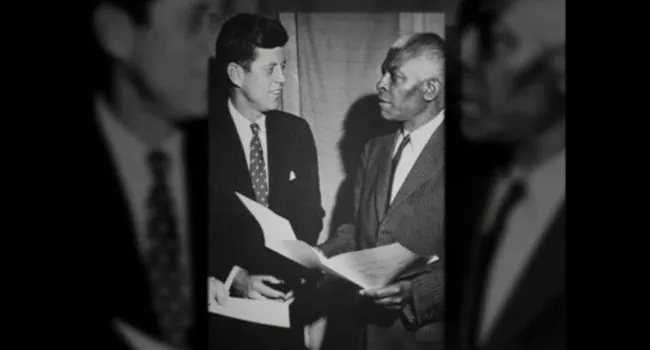After retiring from Morehouse College, Dr. Mays was the first African American elected to the Atlanta Board of Education. Atlanta schools were desegregated and integrated without incident. In recognition of his influence in education and racial equality, Dr. Mays received more than sixty-five honors from organizations at the state, national, and international levels. Dr. Mays died on March 28, 1984, and his legacy is one of inspiration, equality, and overcoming challenges, no matter what the odds. Dr. Mays used Christianity, education, and democracy to fight for equality, and for African Americans to have level access to achieving goals, and for improving society.
Standards
- This indicator was designed to foster inquiry into the role of South Carolina in the Modern Civil Rights Movement, to include the influence of court cases such as Briggs v. Elliot and Flemming v. South Carolina Electric and Gas. This indicator was also developed to promote inquiry into the relationship between national leadership, protests, and events and South Carolina leadership, protests and events, such as the Friendship Nine and the Orangeburg Massacre.
- This indicator was developed to encourage inquiry into civic engagement, such as military service, public demonstrations, and political activism, to shape the identity of modern South Carolina. This indicator was also written to encourage inquiry into South Carolinians’ use of the court system and legislation to affect South Carolina’s post-World War II identity.
Resources
You need to be logged in to listen to view this content. Create an account now; it's quick, easy, and free!
Log In to ViewDespués de retirarse del Morehouse College, el Dr. Mays fue el primer Afroamericano elegido para la Junta de Educación de Atlanta. Las escuelas de Atlanta fueron desagregadas e integradas sin incidentes. En reconocimiento a su influencia en la educación y la igualdad racial, el Dr. Mays recibió más de sesenta y cinco honores de organizaciones a nivel estatal, nacional e internacional. El Dr. Mays murió el 28 de marzo de 1984, y su legado es uno de inspiración, igualdad y superación de desafíos, sin importar cuáles sean las probabilidades. El Dr. Mays utilizó el cristianismo, la educación y la democracia para luchar por la igualdad, y para que los Afroamericanos tuvieran un nivel de acceso para lograr metas y mejorar la sociedad.





